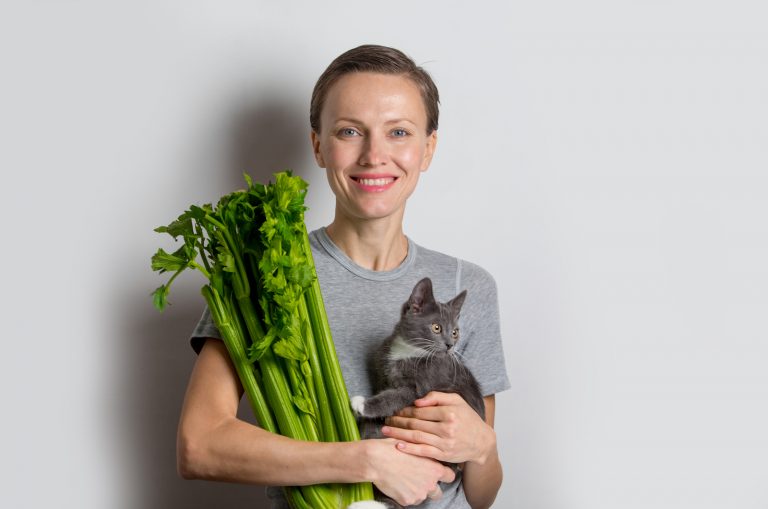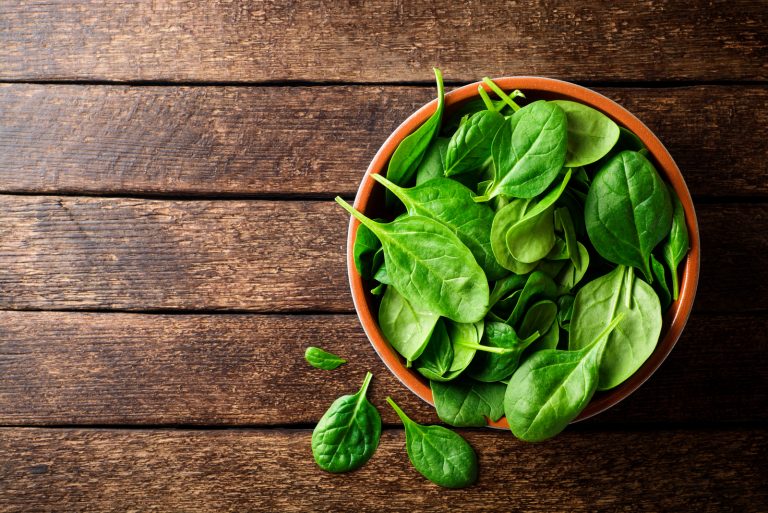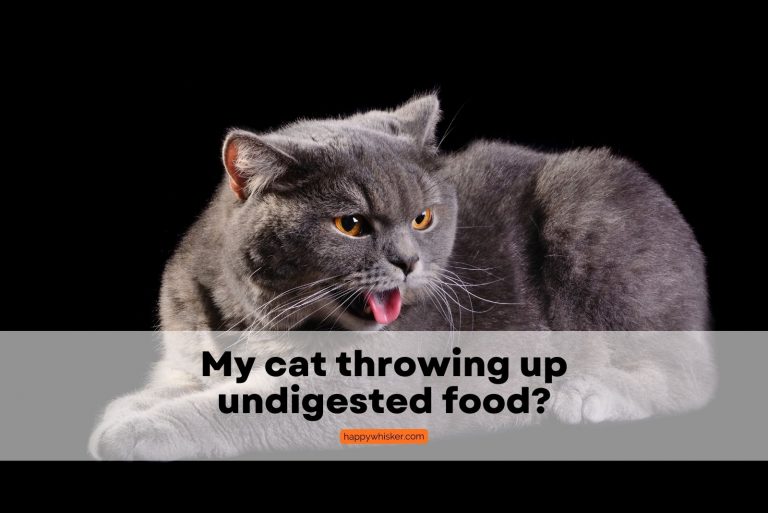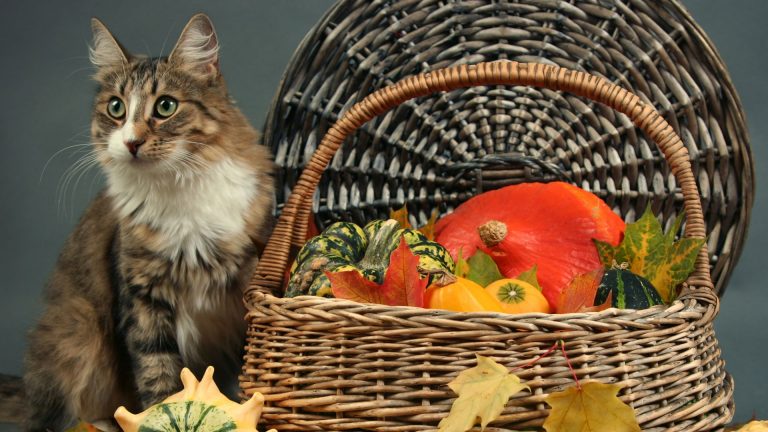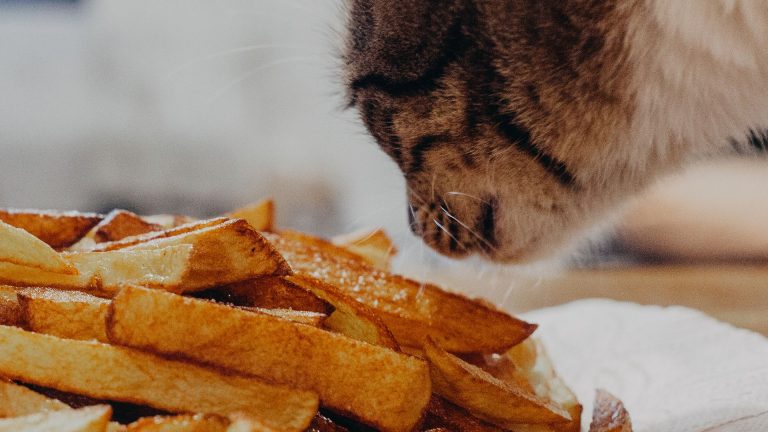How Long Can Kittens Go Without Food? Everything You Need To Know!
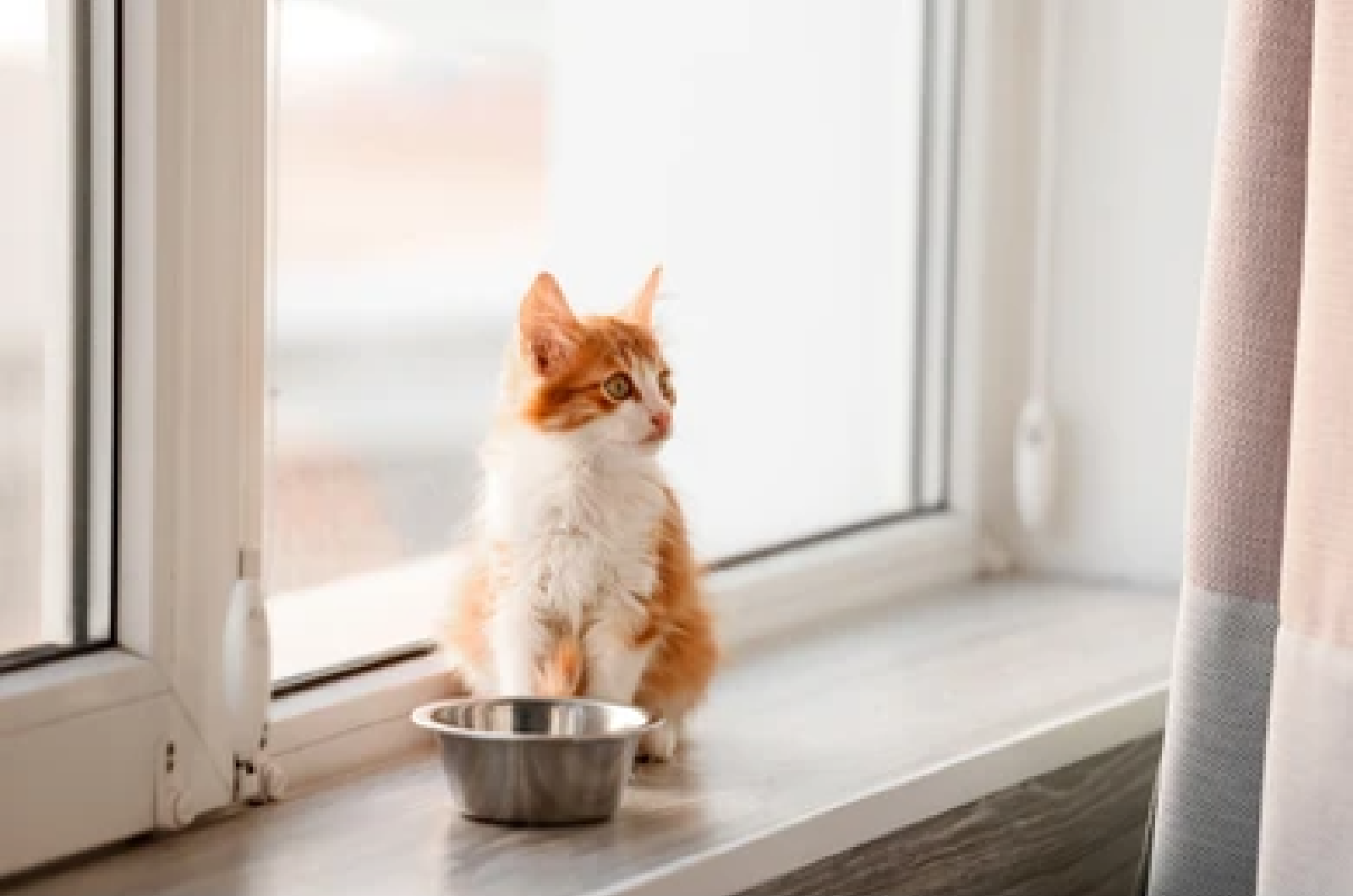
Newborn kittens are just like little babies. They’re not independent like adult cats, so they require special care and full attention. Of course, this job is mostly done by the mother cat. However, as the kittens grow older, you will need to take more care of them.
Kittens need water to survive, but food is also crucial. So, if you want to have healthy kittens you need to pay attention to their feeding schedule, what they need, and when they need it.
So, if you’re a pet owner with new kittens in need of some advice about how to feed them, read on and find out how long can kittens go without food, as well as everything you need to know about the kittens’ ideal feeding schedule.
How Long Can Kittens Go Without Food?
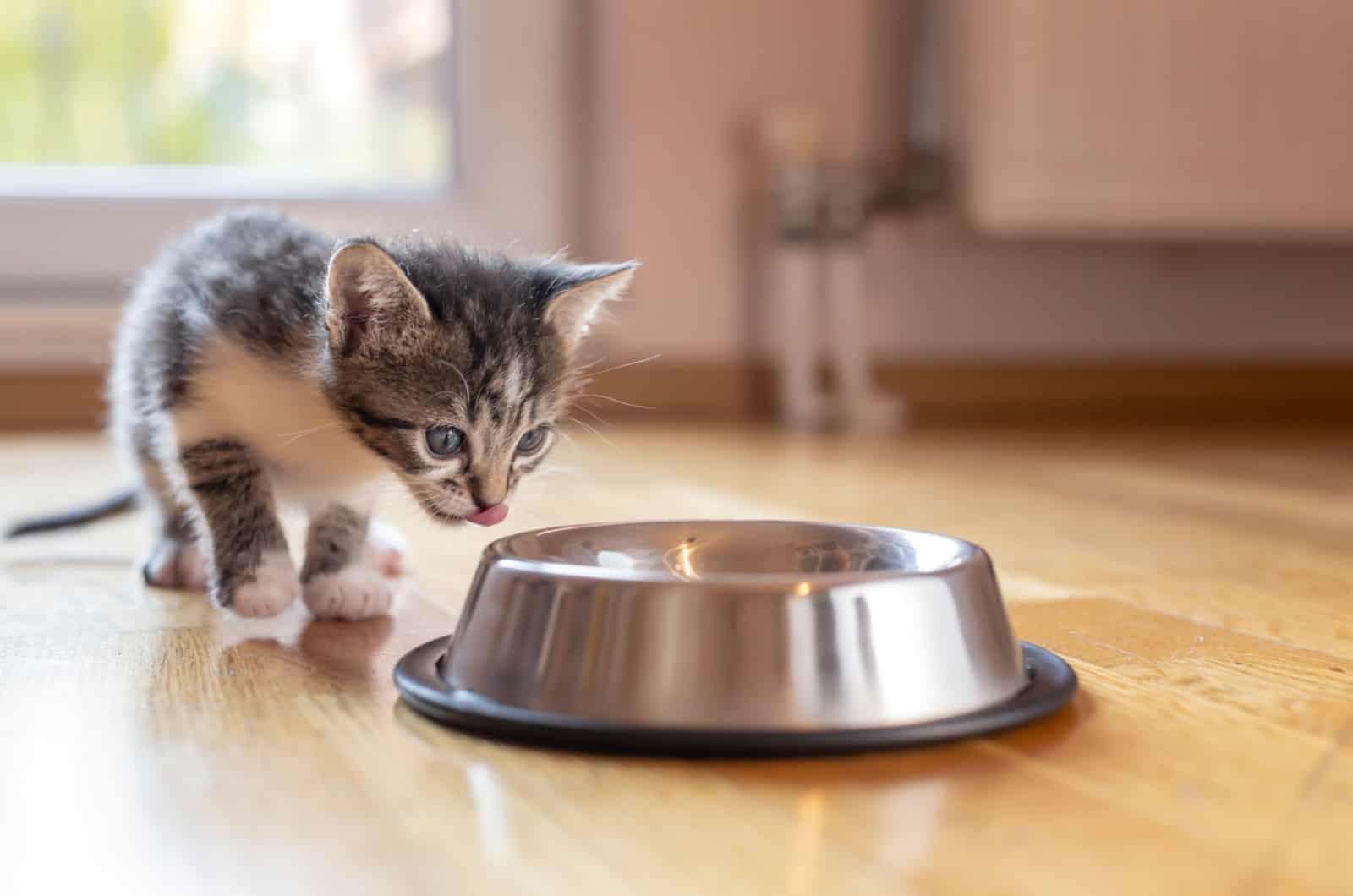
How long can kittens go without food? It depends mostly on their age. Just like every other baby animal, kittens should eat more times a day than adult cats. The number of meals per day decreases as the kitten grows.
The average healthy kitten can survive without food for up to 2 days but no longer than this. Many health issues may occur due to a lack of food and nutrients, even leading to death.
Young kittens should have a diet that is based on their mother’s milk only. As they grow, you can slowly start introducing other food.
However, in the early days, mother’s milk is very important for kittens because it provides them with all the necessary nutrients that are so important for kittens’ growth, development, and healthy immune system.
Moreover, kittens are very vulnerable at that age and are exposed to various diseases, which is why they need regular check ups and a proper diet.
For good cat health, you have to tailor your feeding schedule to the age and development of the young cat. This will mean feeding your kittens with smaller meals but giving them more meals in a day.
The weaning process plays a crucial role in a kitten’s growth; if you notice the kitten suckling things, it may mean that the kitten has been weaned too early.
If you’re not sure about the right feeding schedule or the best type of food, you can always contact your vet and ask for advice on the best food brand, how often to feed the kitten and whether they need additional supplements.
Some of these topics will be covered later in the article, but before I continue, here’s a closer look at the feeding schedule of the kittens from the moment when they’re born up to the 8th week of age.
[table id=154 /]
Additional Feeding Tips
• Remember that kittens are small so they have small stomachs, therefore they need small amounts of food, but more times a day.
• Gradually introduce new food into the kitten’s diet during the weaning process. Sudden changes may cause stomach discomfort and digestive issues.
• As the kittens get older, reduce the number of their daily meals.
• Wet food shouldn’t be left out longer than 60 minutes. Most cats won’t eat it if it is left out longer than this.
Throw it away, clean the food bowl and put in the new food when it is time for the next meal. This is one reason why it’s important to have a regular feeding routine.
• Create a feeding schedule! This way you’ll be able to track your cat’s diet, and you won’t have to throw any food away.
• Finally, if you want to use milk to soften food during food transitions, the best option to use is a special Kitten Milk Replacer (KMR). Avoid using cow milk or other types of milk; dairy products are not good for cats.
How Long Can Newborn Kittens Go Without Mother’s Milk?
Newborn kittens should only be fed with their mother’s milk, or a milk replacement formula, if they don’t have a mother. If the kittens are orphaned, you will need to devote a lot of time and attention to kitten care.
Besides feeding, you should also keep them warm using a heating pad that helps maintain their body temperature just like their mother’s body would.
This early period is crucial for little kittens, because in that period they need to build their immunity, and the main way to do this is by feeding on the milk of the mother cat, which provides them with the necessary nutrients and antibodies.
Newborn kittens are very small, so it makes sense that they only require small quantities of food. They are also growing fast, so it makes sense that they need to eat more often than adult cats. This is why newborn kittens should be fed every three hours, eight times a day, which means they must even feed during the night.
If you wonder how long can newborn kitten go without eating, the answer is about 12 hours. Some kittens of weaning age can survive for up to 4 days. However, if kittens go too long without milk, or food, it is very dangerous for them.
It may not cause immediate death, but it can cause starvation or other health issues. Cats need food for energy and to build their immune systems.
A malnourished cat is vulnerable to various illnesses and diseases, as well as being more at risk to environmental hazards such as a drop in ambient temperature or exposure to injury, weather, or stress.
READ ALSO: How Long Does It Take A Cat To Digest Food? All You Need To Know
How Often Should A Kitten Eat?
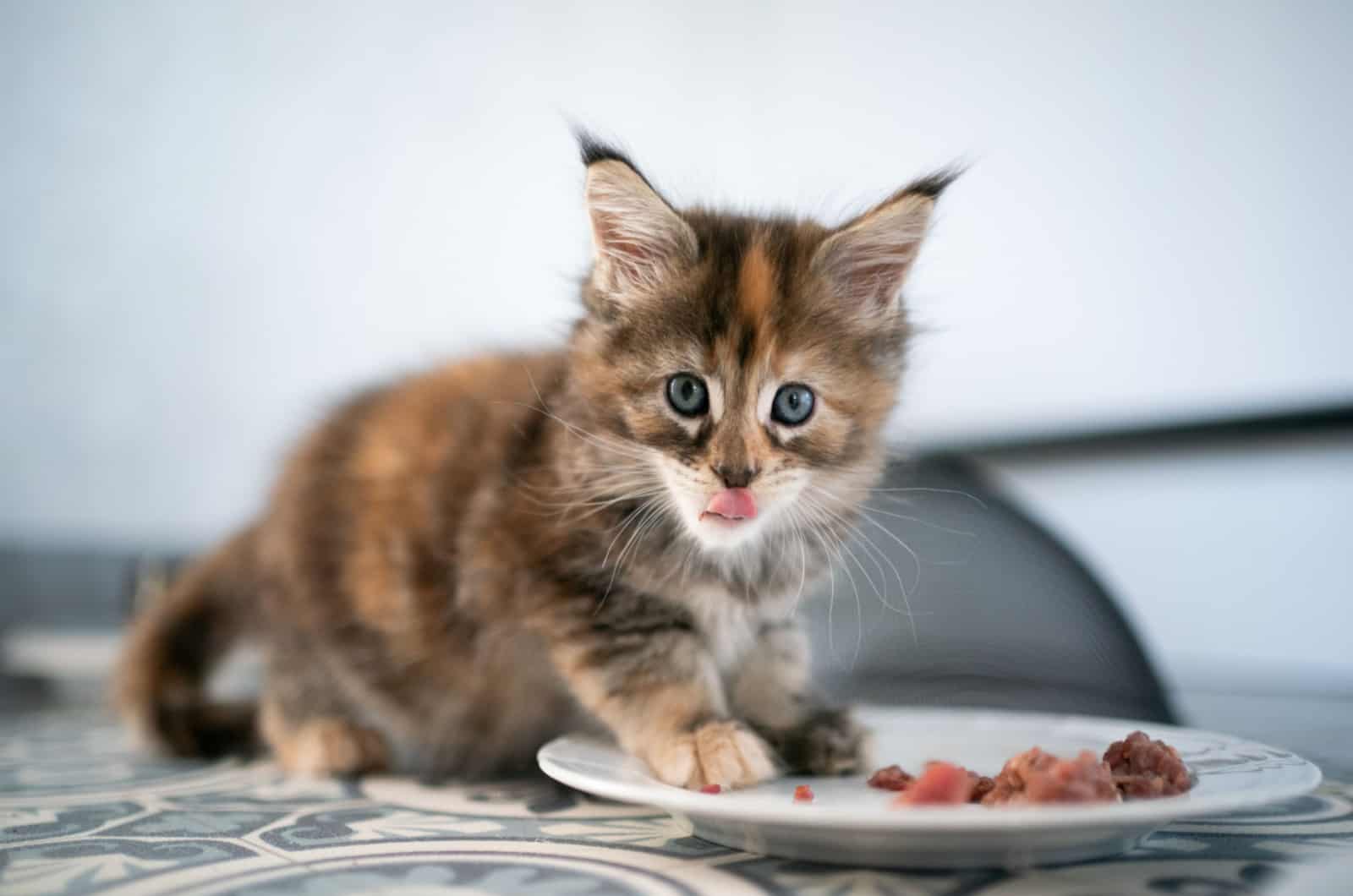
So, as previously mentioned, baby kittens should be fed every 3 hours, which is 8 times a day. Kittens aren’t independent, which means that they require the full attention of the mother cat, or of their owner if the mother cat is not around.
This means your kittens need to be fed during the night, and excessive meowing may be the clue that your kitten is hungry and calling you to feed it.
As the kittens grow older, the number of their meals decreases, but in that period you start introducing other types of food along with the cat’s milk. Read on to find out what kittens should eat and what the best food for them is.
What Should Kittens Eat?
Kittens have different needs to adult cats, therefore their diet is somewhat different. Young kittens need to drink their mother’s milk in order to survive, because it provides them with all the necessary nutrients which are important for their growth and the development of their immune system.
If you have an orphaned kitten that isn’t completely weaned, then the best thing to do would be to find a foster mother that will take care of it. That, however, may be difficult sometimes as mother cats don’t always accept the new kitten.
If you cannot find a foster mother cat, there’s a solution for that too. Never give the kitten cow milk or other types of milk as a substitute for mother’s milk, as cats are lactose intolerant and they should only have kitten formula designed to replace the mother’s milk.
The solution is to mix milk replacement formula with water that is slightly warmer than body temperature and bottle feed the kittens.
Orphaned kittens may also need help with eliminating their waste, especially during the first weeks, so you should stimulate their belly and genital area using a warm towel or something similar in order to imitate the mother cat, who would lick the kittens to promote healthy elimination of waste products.
As the kittens grow, you should start gradually introducing solid cat food. The best food for them is kitten food that has been specially formulated for them. Fortunately, the law requires pet food labels to specify the life stage for which the food is designed.
So, your kitten can consume any food that specifies “kitten” on the label. Cat food designed for kittens contains ingredients that are necessary for their healthy growth. In addition, kitten food is very soft so that it’s easier for them to chew.
Many cat owners aren’t sure whether they should give their kittens and cats dry or wet food. The best thing is to combine these two food types.
Wet, canned food is healthy for kittens, mostly because it’s high in moisture so it will help keep the kittens hydrated, especially if they don’t drink water yet. Just as for adult cats, water is necessary for kittens too.
Remember to make sure that you provide the kittens with wet food at the same time every day, as it cannot be left out for more than 60 minutes.
On the contrary, dry food can be available all the time so it is very practical. When choosing dry food, make sure that it is specially designed for kittens, and that they always have fresh water to drink after eating it.
READ ALSO: How Long Can A Cat Go Without Food? What You Need To Know
My Kitten Isn’t Eating – Is This Normal?
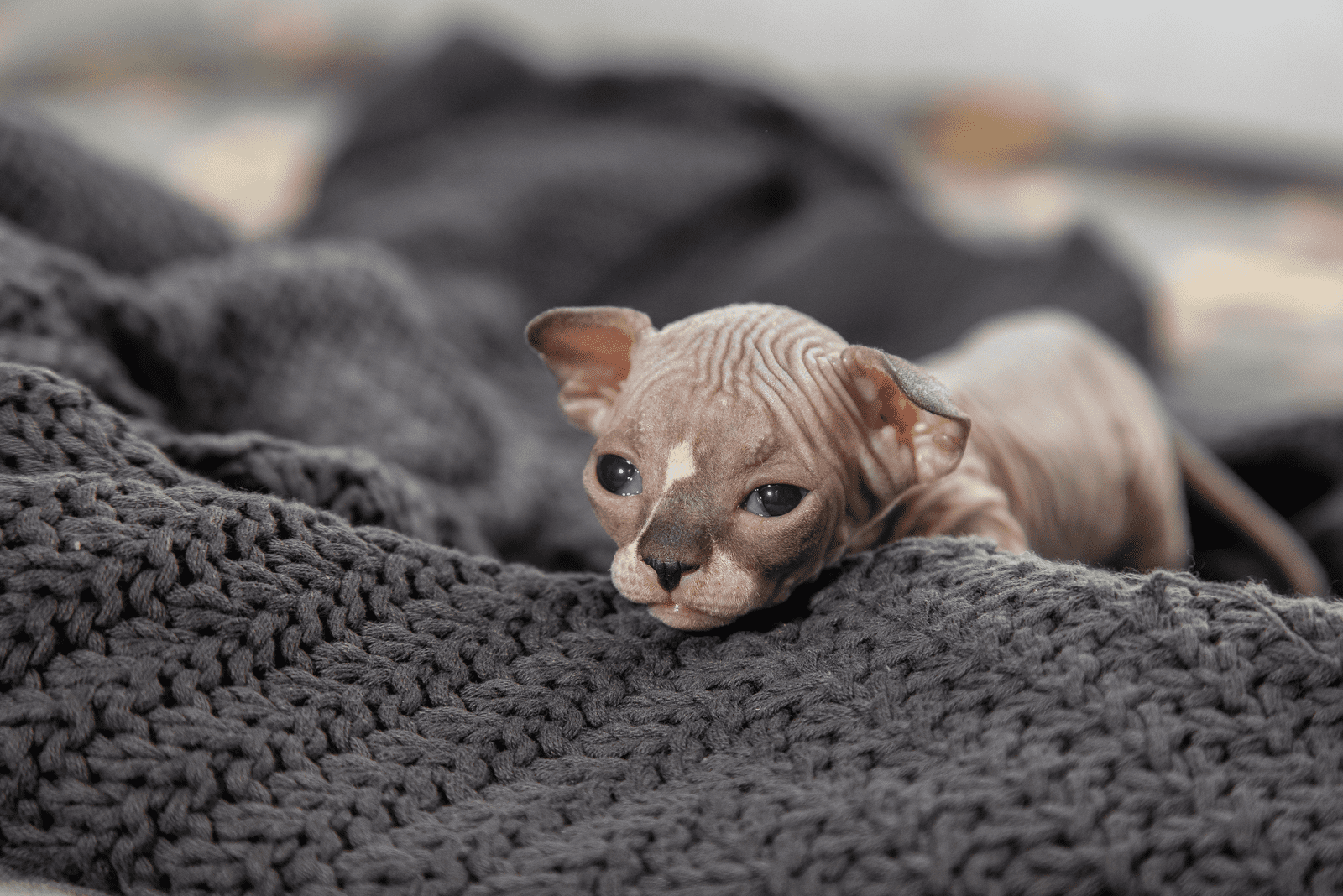
If the kittens aren’t eating, it may be because of certain changes such as changing their diet, or them just arriving at a new home. Here are some of the most common reasons why kittens stop eating:
• New type of food – a kitten may refuse to eat because of changes to its diet. So, if you give a kitten a new type of food all of a sudden, it may stress it and affect its appetite. This is why kittens should be slowly introduced to a new food.
Related: Why My Cat Won’t Eat Wet Food? All There Is To Know!
• Bad feeding schedule – if you haven’t provided kittens with a set feeding routine, this may also lead to problems including kittens refusing to eat. This usually happens if you try to feed the kitten too early; the kitten may simply not be hungry yet as it hasn’t had enough time to digest the previous meal.
• Overfeeding – it’s important to provide kittens with small portions but more often, because they’re small and they cannot eat large amounts of food. So, if you don’t give them an adult portion, that may lead to overfeeding which is a common reason why a kitten will refuse to eat.
• Stressful environment – another reason for kittens not eating may be a stressful environment that is making them feel scared and unprotected. It’s very important to provide a kitten with a safe and quiet room or a secure place where it can eat and sleep, and have its own privacy.
Also, make sure the litter box isn’t placed near the food bowl, as a cat may also refuse to eat due to litter box odors.
• Dirty food bowl – kittens, just like adult cats, are very clean animals. Make sure that you always clean their food bowl before feeding them, as that may be another reason for them not eating.
• The type of food bowl is also crucial when it comes to feeding kittens. Make sure you provide them with wide, shallow bowls so that the sides of the bowl don’t touch their whiskers.
• Health issues/injuries – unfortunately, the reason for low appetite may also be due to some health issue or injury. So, if you notice that your kitten isn’t eating, check for injuries and contact your veterinarian to see if the underlying cause could be some illness.
All in all, kittens cannot survive without food for more than 12 hours, or a few days if they’re bigger, so you should find the underlying cause for this problem as soon as possible.
You can consult with your breeder about the right feeding schedule or types of food for specific breeds, but if you think there may be a problem, then you should contact your veterinarian and take your fur baby for a check up.
My Kitten Doesn’t Eat – Possible Health Issues
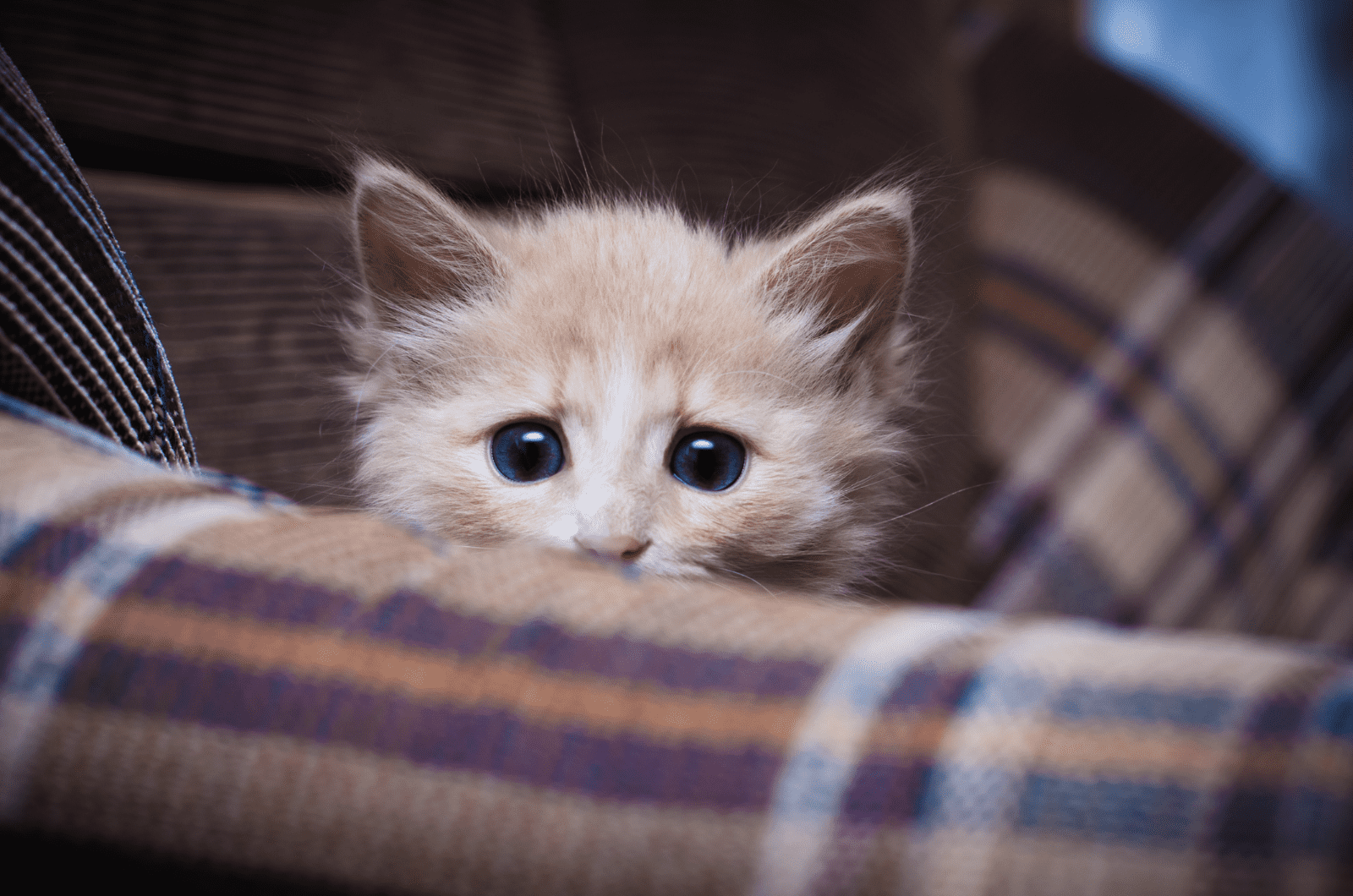
There are certain health issues that may cause loss of appetite in kittens, so let’s see what you should pay attention to.
Kittens that won’t eat may suffer from following diseases:
• Diabetes
• Fever
• Pancreatitis
• Stress
• Kidney Disease
• Hepatic lipidosis – liver disease due to starvation.
• Changes in their diet
• Vaccinations or medications
• Face trauma
• Gastrointestinal disease – vomiting, irritable bowel disease, food allergies.
• Pain in mouth – dental diseases, lesions, sore mouth, broken tooth.
Related: Cat Not Eating Much But Acting Normal: 7 Reasons Why
How To Get A Kitten To Eat?
If your kitten refuses to eat, and it’s not connected with health issues or injuries, then here are some useful tips to activate the kitten’s appetite again:
• Try offering food with different flavors and textures.
• Make sure that the food bowl is completely clean and well-rinsed before putting the food in it.
• Put the food bowl in a quiet and safe spot in your home, away from stressful sounds, and scents, and well away from the litter box.
• Provide the kitten with warm food. It shouldn’t be cold or hot, but around room temperature. This will increase the smell and tempt your kitten to eat.
• Mix dry and wet food together.
• Try using different food brands.
• Dry food should always be available so that the kitten can eat it whenever it wants to.
• Create a regular feeding schedule.
• Provide the kitten with the proper type of food bowl that it can easily eat from.
If these tips don’t resolve the problem, then you should contact your vet or speak to an animal behaviorist for tailored advice.
Suggested: The Best Cat Food For Persian Cat: Yummy Guide
FAQ
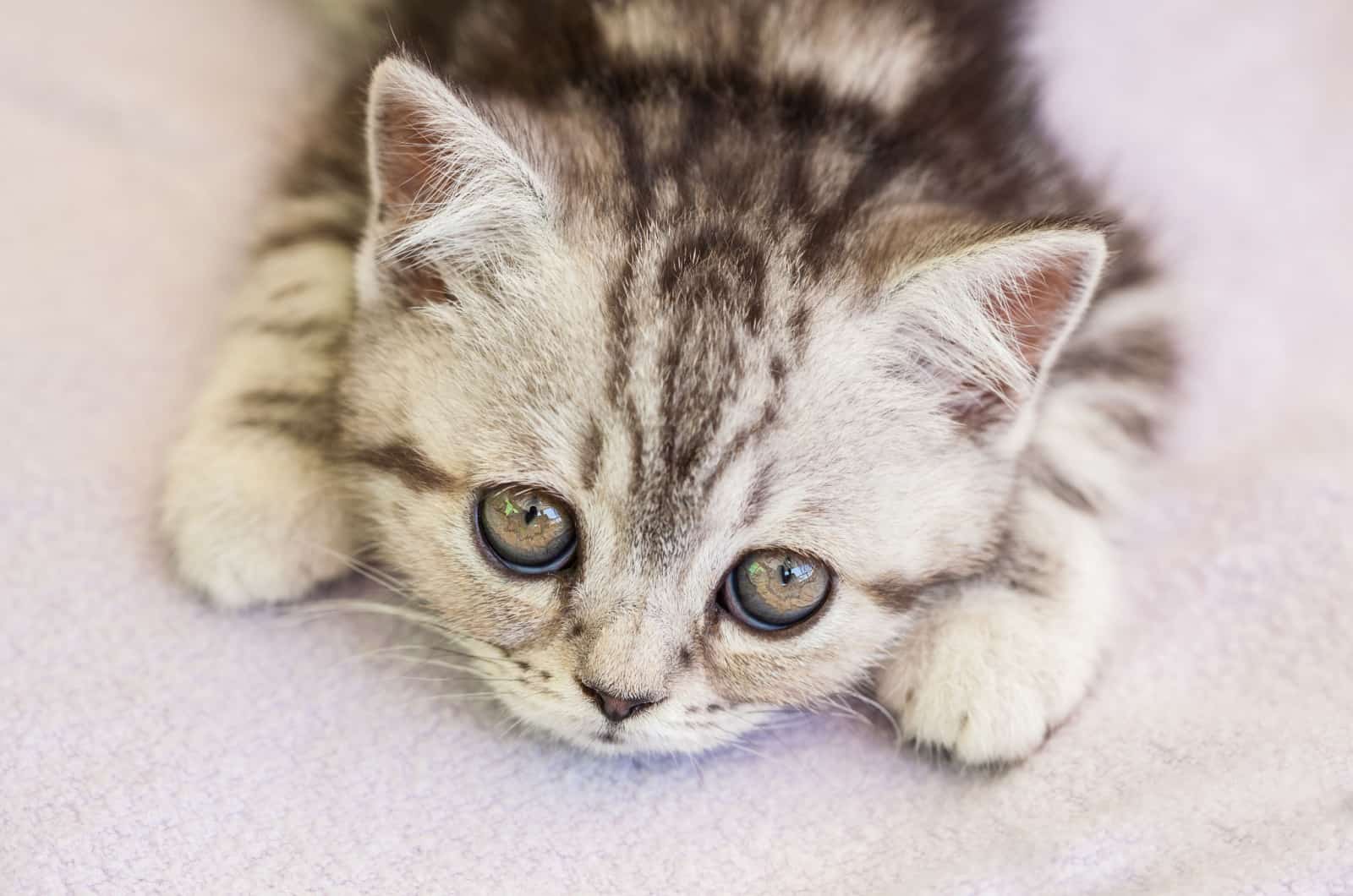
Can A Kitten Survive Without Food?
A healthy kitten may survive for a few hours without food, for example, until the mother cat returns to her babies. However, kittens can’t survive long without food as they’re very vulnerable at that age, and they need food to survive and grow stronger, as well as to develop their immune system.
What Happens If A Kitten Doesn’t Eat For 3 Days?
Most kittens won’t survive 3 days without food or water. Newborn kittens can’t survive more than 12 hours without food, and even old kittens at the weaning stage cannot survive more than 3 or 4 days max.
If they do manage to survive, these kittens are usually in very bad condition, starving, and require immediate veterinary help. They may develop different health issues due to starvation.
In Conclusion
Food is essential for newborn kittens in that early period. They need to be fed properly and taken good care of if you want to have healthy, strong kittens.
When kittens are born, their entire diet should consist of their mother’s milk as it provides them with all the necessary nutrients. However, if you have an orphan kitten, then you should find a foster mother or bottle feed the kitten with a special replacement milk formula.
Being a cat parent is a great responsibility; you need to create a regular feeding schedule for your kittens, and remember that newborn kittens should eat small amounts every 3 hours; this is a total of 8 times a day!
So, if you wonder how long can kittens go without food, the answer is 12 hours for newborn kittens, and up to 4 days for older ones. However, it’s not healthy to keep kittens without food for a long time because they need frequent feeding sessions to develop their immune system and to grow stronger.
Kittens that are without food for a longer period of time may develop serious health issues as they’re vulnerable at that age stage and prone to many diseases.
So, if you want your fur baby to be perfectly healthy, then pay attention to its feeding schedule as well as the type of food that the kitten eats, and the environment around it.

